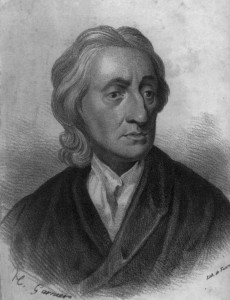RNH Academic Director Hannes H. Gissurarson, Professor Emeritus of Politics at the University of Iceland, was interviewed in Gisli Freyr Valdorsson’s popular podcast on Wednesday 27 August 2025. They discussed how classical liberalism could be defined and defended. Gissurarson pointed out that this was traditionally regarded as a set of political ideas developed by John Locke, David Hume, and Adam Smith, but he added that in fact the roots of classical liberalism were much older, derived from the old Germanic ideas of government by consent and right of rebellion, described by Snorri Sturluson in Heimskringla. Government provided three indispensable services, to keep law and order, to defend people against internal and external threats, and to ensure a decent life for those unable to provide for themselves, in other words a safety net. Probably government only needed about 15 per cent of GDP, Gross Domestic Product, to finance the provision of these three kinds of services. Gissurarson recalled the old adage, No taxation without representation. This implied, for example, that corporations should not pay taxes because they had no right to vote. Again, taxes should only paid on income, either as a value-added tax or as a flat personal income tax. It was unfair to tax income from capital gains because then those who had saved were punished whereas those who had consumed all their income were spared and thus rewarded. It was double taxation.
Gissurarson recalled the story of King Eric of Pomerania. He had in 1429 introduced the Sound Dues on ships crossing the Sound between Denmark and Sweden. Later, when he had been deposed, he became a pirate on Gotland, an island in the Baltic Sea. The interesting question was whether there was any moral difference between the income he exacted as king from ships crossing the Sound and the income he derived as pirate from robbing ships crossing the Baltic. Was the former not taxation without representation and therefore theft by taxation, and the latter plain and simple theft? Gissurarson also recalled that the well-known philosopher G. E. M. Anscombe had taught that the main task of political philosophy was to distinguish the state from the mafia, both entities promising protection for a fee.
Gissurarson said that the main difference between economic liberalism and socialism was shown in their approaches to poverty. The liberals sought to enable people to get out of poverty, whereas the socialists wanted to help people remain poor, by making poverty more tolerable. What was essential for the liberals was help to self-help, making people independent and prosperous. Gissurarson added that the two main arguments for private property were that what everybody owned, nobody cared for, and that good fences made good neighbours. He was in favour of private property rights to natural resources, but the private property right which was most important was the right people had in their own persons, their abilities and skills.



